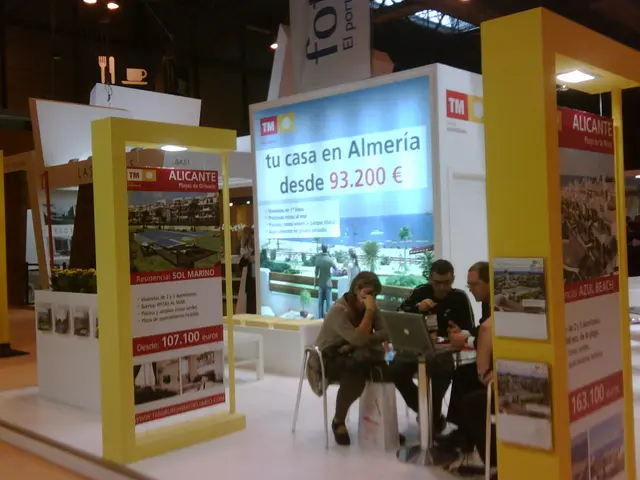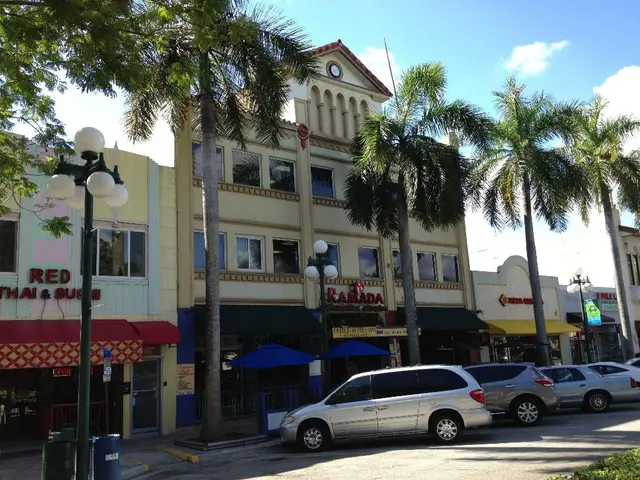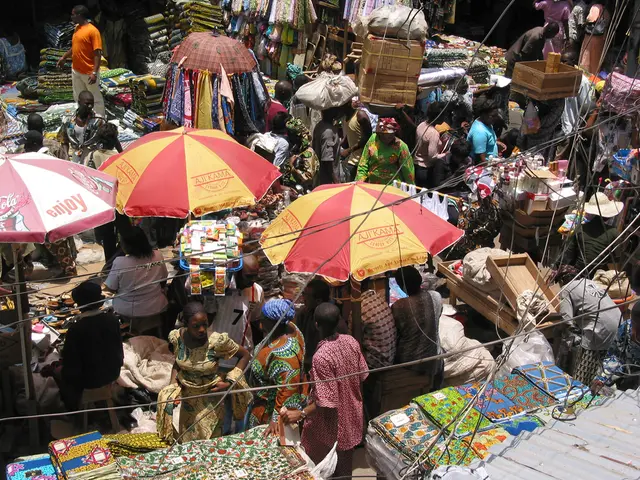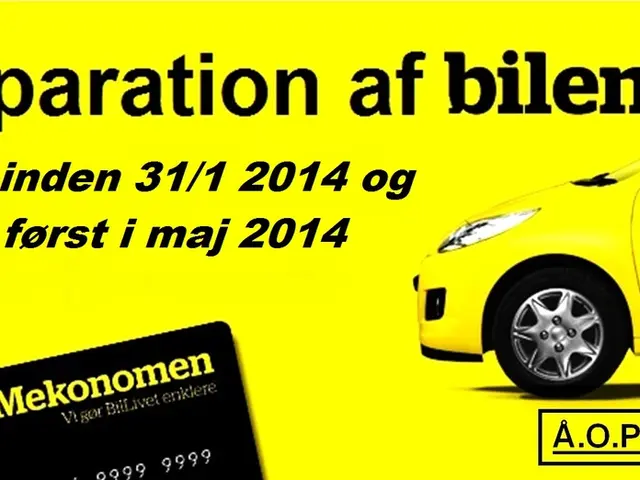Workers rally outside ArcelorMittal's headquarters close to Paris, demonstrating against the company's proposed social plan with the intent to halt its implementation.
Steelworkers rally against ArcelorMittal job cuts in France
In a show of united resistance, hundreds of ArcelorMittal employees from across France congregated in front of the organization's French headquarters in Saint-Denis, Seine-Saint-Denis, on May 13th. Their fight? Defending their livelihoods and preserving steel production in France, as ArcelorMittal contemplates slashing over 600 jobs in the country.
"We're here to protest," Francis Carru from the Dunkerque site, the site most in danger, told Agence France-Presse (AFP) amid a fortress-like scene, replete with numerous CRS presence. He expressed concerns not only for his but also for future jobs, fearing closure of the site.
Fabien Segaud, a union representative on the central social and economic committee of Aperam, ArcelorMittal's stainless steel subsidiary, also voiced his sentiments, travelling from Gueugnon (Saône-et-Loire) to back his colleagues in the blast furnaces. Segaud contended that ArcelorMittal, following a universal policy, fails to invest, collects billions in public aid, and distributes dividends to its shareholders.
Tuesday's gathering, fueled by the impending crisis, was partially the brainchild of Gaétan Lecocq, from the CGT of ArcelorMittal Dunkerque, who called for mobilization during May Day marches. Interestingly, this marked the first round of negotiations and the opportunity to rally against an impending "industrial, social tsunami," as Lecocq described it. Employees arrived from not only Dunkerque (Nord) but also Florange (Moselle), Fos-sur-Mer (Bouches-du-Rhône), Basse-Indre (Loire-Atlantique), and Luxembourg.
Debating Nationalization and Employment Savings Plans
"ArcelorMittal has been relocating production for years, and now we find ourselves in an emergency — it's really a matter of weeks," Aurélie Trouvé, deputy for Seine-Saint-Denis (LFI), stated, alluding to a nationalization bill she deposited that morning for ArcelorMittal.
Trouvé's colleague, also from Seine-Saint-Denis (LFI), Eric Cocquerel, echoed her sentiments, expressing concerns about France's steel industry and expressing uncertainty about ArcelorMittal's satisfaction with the recently announced job cuts. The question on everyone's mind was the continued existence of steel production in the country.
The steelmaker was challenged to provide "a very clear roadmap," the challenge also extended by Marylise Léon, the general secretary of the CFDT, who estimated that, at this point, ArcelorMittal should suspend the employment savings plan and be asked to account for how the entire aid granted to the company—over 300 million euros—has been utilized.
Uncertainty Surrounds Decarbonization Plans
The maintenance of a steel industry in France hinges on the continuation or discontinuation of de-carbonization projects. At the end of 2024, ArcelorMittal postponed its final investment decision, worth 1.8 billion euros, including more than 800 million in aid pledged by the State, to de-carbonize the Dunkerque blast furnaces, citing non-competitiveness in European steel production.
Despite better-than-expected results in Q1, ArcelorMittal urged the European Commission to expediently implement the European steel plan to reestablish competitiveness before making an investment decision. In a private meeting with employee representatives and elected officials, Minister for Industry Marc Ferracci stated his intention to request the European Commission to take action to restore acceptable economic conditions for steel production in Europe.
However, the future of France's green steel industry remains uncertain, as investments in de-carbonization projects are becoming scarce. Gaetan Lecocq estimated that there were five jobs initially earmarked for the new high-voltage line between the nuclear power plant in Gravelines and their plant in Dunkirk to prepare for the eventual connection of a future electric furnace, but those jobs have since vanished.
- The protest against ArcelorMittal's job cuts in France extended beyond the steel industry, with representatives from politics, finance, and general news expressing concerns.
- Aurélie Trouvé, deputy for Seine-Saint-Denis (LFI), proposed a nationalization bill for ArcelorMittal, suggesting a potential intervention from the finance sector.
- The future of France's energy industry is under question as well, with uncertainties surrounding decarbonization plans and the lack of investments in green steel projects.
- In the realm of crime and justice, Marylise Léon, the general secretary of the CFDT, questioned the use of the entire aid granted to ArcelorMittal, raising concerns about accountability and transparency.








